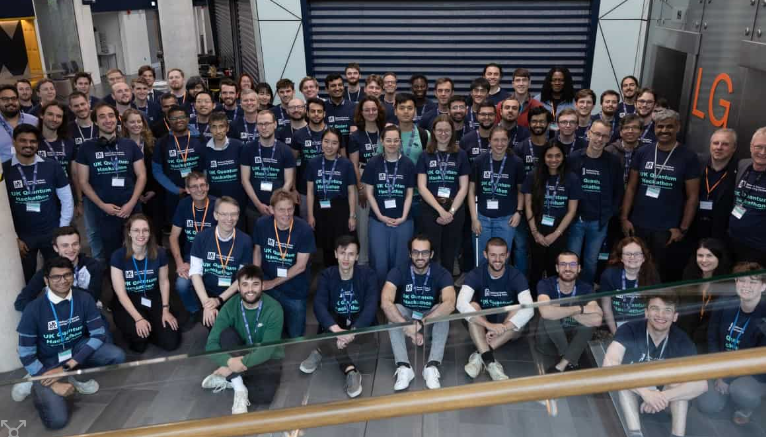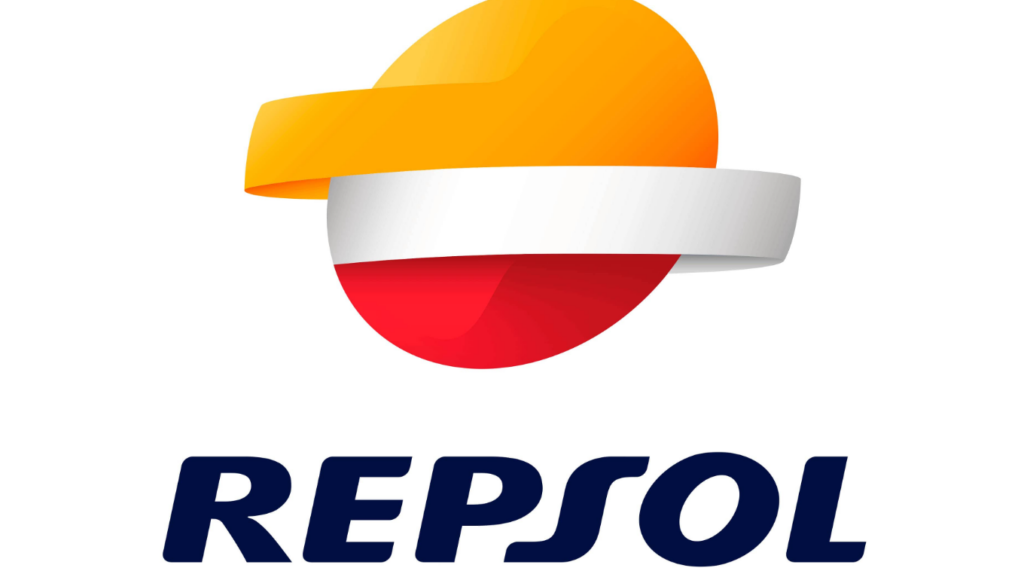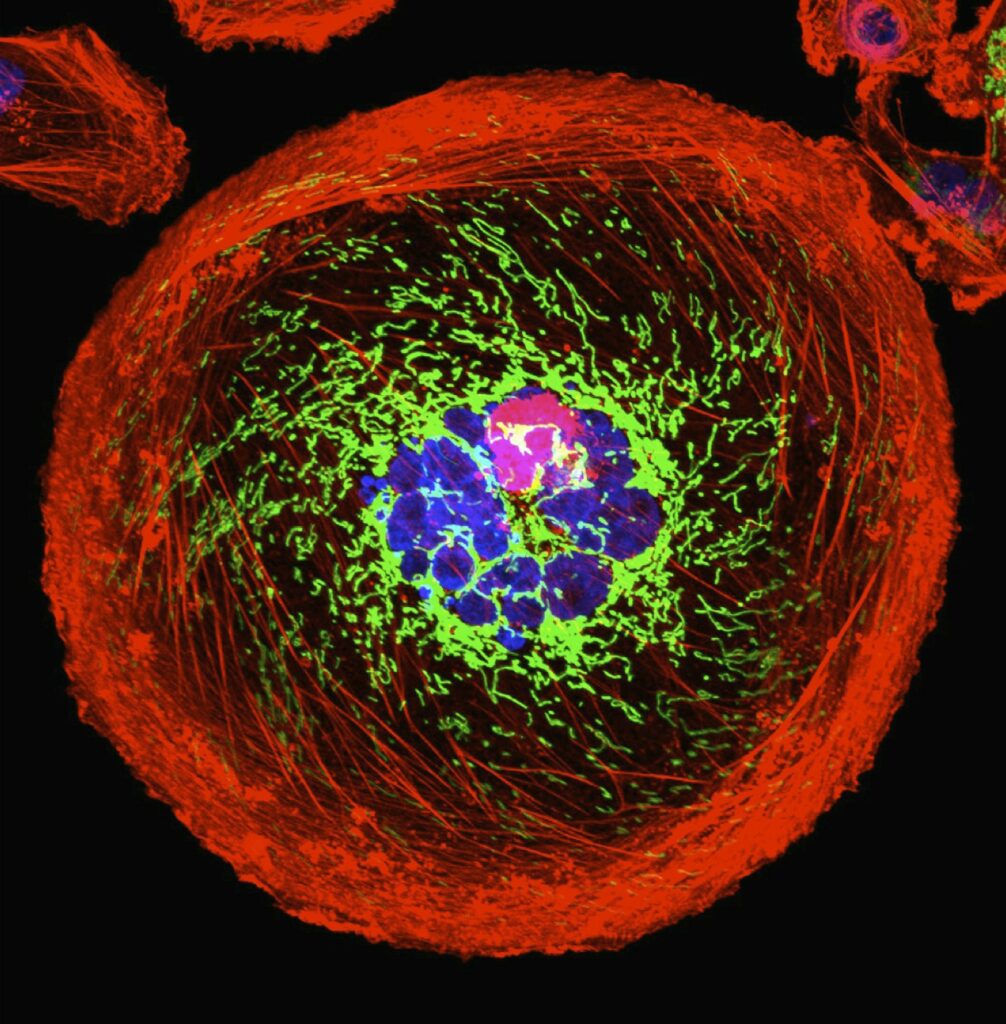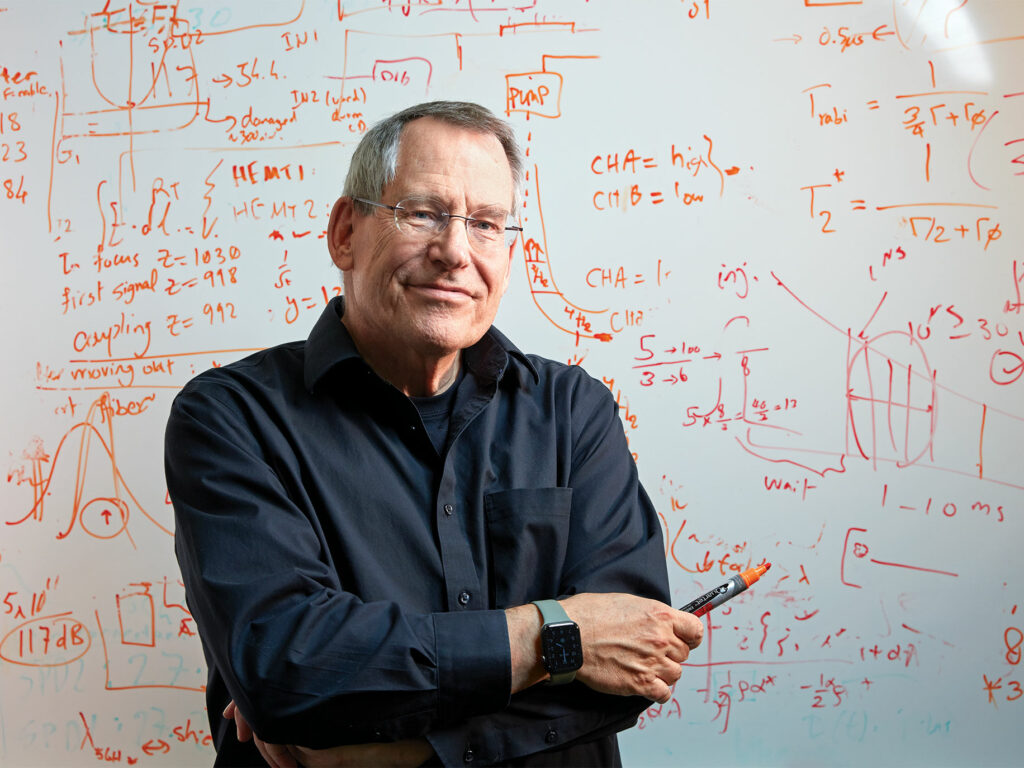The United Kingdom’s second quantum hackathon, held on 25th — 26th July, presented a challenge to ten squads of early-career researchers, mentors from the industry, and experts in hardware. Their task: conceive quantum solutions to real-world issues within a mere 48 hours. The serene and quiet halls of the Teaching and Learning Building at the University of Birmingham gave no hint of the intense exertions undertaken by the ten squads participating in the second quantum hackathon organized by the National Quantum Computing Centre (NQCC) in the UK. These teams had a brief span of two days to devise quantum remedies for real-world predicaments set forth by end-users spanning the gamut from the National Health Service (NHS) and the National Grid to Rolls Royce and financial specialists Nomura. Moreover, they had to trial their methodologies on hardware platforms provided by diverse technology suppliers.
Great Experience
“It has been a great experience that has really allowed us to take a deep dive into a use case that is relevant for many of our customers,” said Salvatore Sinno, an R&D specialist at digital solutions provider Unisys. “Our team has been exceptional, and delivering a solution within just two days shows that anything is possible when you have the right skills and the right interaction between business, research, and hardware specialists.”
“We were excited last year about the level of enthusiasm and engagement throughout the hackathon,” said Michael Cuthbert, director of the NQCC. “This year we have more industry partners who are exposing our hackers to a broader range of use cases, plus there are more companies providing access to their hardware platforms compared to last year.”
In select instances, the hackers were accorded exclusive entry to hardware platforms that were not publicly accessible. This permitted them to garner familiarity with diverse machinery and modalities.
“That’s a measure of the maturing technology landscape in quantum computing,” continued Cuthbert. “It’s exciting to be able to explore the differences and similarities between the platforms, and to see what sort of performance can be achieved across the range of technologies we have available.”

The quantum computing industry is a domain in rapid evolution, with each stride forward unveiling new prospects and challenges. The UK’s second quantum hackathon embodied this dynamic spirit, pitting teams of burgeoning researchers and accomplished mentors against real-world conundrums within the realm of quantum computing. The event took place within the understated halls of the University of Birmingham’s Teaching and Learning Building, where the participants undertook an intellectual marathon, fashioning quantum solutions in a compressed 48-hour span.
A central aim of the event revolved around fostering an understanding of quantum computing’s present potential across diverse enterprises and establishments. Moreover, participants were immersed in the practical realm, crafting quantum algorithms and executing them on authentic quantum computers. The group primarily comprised Ph.D. candidates and budding scientists in the early stages of their careers, showcasing a range of familiarity with quantum computing. Each team was comprised of a technical expert from a hardware provider, and an industry mentor to elucidate and contextualize the problem, alongside the emerging talents.
Some industry collaborators had initiated the cultivation of their quantum computing proficiency, and the hackathon presented a precious inaugural opportunity for others to acquaint themselves with burgeoning quantum algorithms and hardware innovations.“Quantum computing is quite a new area for us, and we wanted to gain an understanding of its current capabilities and limitations,” said Fazal Chaudry, a principal systems engineer at the UK Atomic Energy Authority (UKAEA). “We created a use case for the team based on a problem in nuclear fusion that we would normally study using classical simulation, and we wanted to see if we could tackle the same problem with a quantum computer.”
Chaudry reached a preliminary assessment midway through the event, suggesting that quantum computers are not yet fully poised, saying that while the team has devised algorithms that theoretically could address the issue, the hardware’s maturity is still insufficient to provide a performance edge. Nevertheless, he thinks that this serves as a valuable starting point, guiding us in comprehending the necessary course of action.
Chaudry gained significant insight, discovering that tackling mathematical problems with quantum computers demands an alternative approach.
“Rather than trying to translate an existing classical problem to a quantum computer, we need to rethink the way we encode information to achieve a speed up,” he continued. “We might need to represent the problem in a vastly different way, but in that case we still need a metric to compare the performance and test whether a quantum computer can offer a genuine advantage.”
Gaining Skills
Meanwhile, the hackers seized a chance to elevate their current quantum computing proficiencies, grasp potential applications across diverse industry domains, and fathom how the technology could be harnessed within other realms of research.
“We carefully balanced the teams to combine different areas of expertise and varying skill levels in quantum computing,” said the NQCC’s Daisy Shearer, who led this year’s event. “We have people from engineering and chemistry backgrounds who have been sharing their domain knowledge, while people with more experience of quantum computing have been exposed to different industry problems and hardware technologies.”
PhD candidate Annie Paine, already immersed in quantum algorithms through her research endeavour, found the hackathon as an avenue to augment her understanding of diverse coding methodologies.
“I’ve wanted to learn about a technique called equivariant embedding for a while, but it hasn’t been the top priority during my PhD,” said Paine. “Having two days where I can really focus on it has been really good, plus I have seen how this particular method can be applied to the problem of DNA sequencing.”
“We have been working with the NHS on a travelling salesman problem where we need to find the optimal path between different healthcare centres,” added Fergus Hayes, a post-doc researcher who has been investigating how quantum computing might be used to detect gravitational waves in large astronomical datasets. “I’ve already been exposed to new ideas and new tools that I might be able to use in my research, plus I’m hoping to get an even wider picture when we hear about what the other teams have been doing.”
Paine and Hayes appreciated the chance to exchange insights with fellow professionals active in the domain, exploring the adaptability of analogous quantum tools and methods across various practical contexts. Notably, a multitude of applications centred on optimization, a complex mathematical puzzle that even the most advanced classical computers grapple with.
“We believe that quantum computing can already offer some benefits for these large optimization problems,” said Sinno, whose use case centred around the logistical puzzle of routing cargo vehicles to multiple destinations within specific time windows. “This use case is very close to our hearts, as it is the type of problem that our customers often present us with.”
Engaging in collaboration with both the students and technology providers, Sinno discovered a fresh realm of insights that resonated deeply with his specific use case. As he delved into the dynamic exchange of ideas and perspectives, he unearthed innovative approaches that had the potential to reshape his understanding of the challenge at hand.
“We found a way to overcome the current limitations of the hardware, but it showed us that quantum computing is still not yet mature enough to tackle every type of problem,” he said. “You really need to bring everyone together — the business, the research community, and the technology providers — to identify the right use cases and translate them into problems that can benefit from today’s quantum computers.”
Chaudry agrees, highlighting that the restricted scale of the prevailing hardware platforms constitutes just one facet of the challenge impeding the broader integration of the technology. He emphasizes that while classical computers are programmed without the necessity of comprehending internal operations, a contrasting approach is imperative in the case of quantum hardware. Chaudry understands the intrinsic mechanics of quantum hardware are essential to ensure the functionality of the code, going on to say there is a need for elevated algorithms that can liberate end users, like himself, from a machine-centric perspective, thereby facilitating a more directed focus on solving specific problems.
This perspective was echoed by Dave Roberts of ORCA Computing, the entity that granted the hackers exclusive access to its photonics platform throughout the event.
“From a hardware point of view the constant driving factor is to make our devices more powerful, but the hackathon has emphasized to me that we also need to focus on the usability of our hardware,” he said. “To bring in end users who might not play with quantum computers every day, we need to provide more powerful tools in the software stack to ease the transition from real-world problems into code that can run on a quantum computer.”
Taking Knowledge Forward Beyond the Event
The NQCC’s desired outcome for the event was precisely the kind of shared exploration and knowledge acquisition among key stakeholders within the UK’s quantum ecosystem.
“We wanted our teams to explore the types of problems that can be tackled by quantum computers, and to find out whether the technology offers the scale, performance and maturity to approach the use cases provided by our industry partners,” said Cuthbert. “From the innovative solutions they presented at the end of the hackathon, it’s clear to me that all of our participants have learnt something that they can take forward beyond these two days.”
Featured image: NQCC
If you found this article to be informative, you can explore more current quantum news here, exclusives, interviews, and podcasts.




















